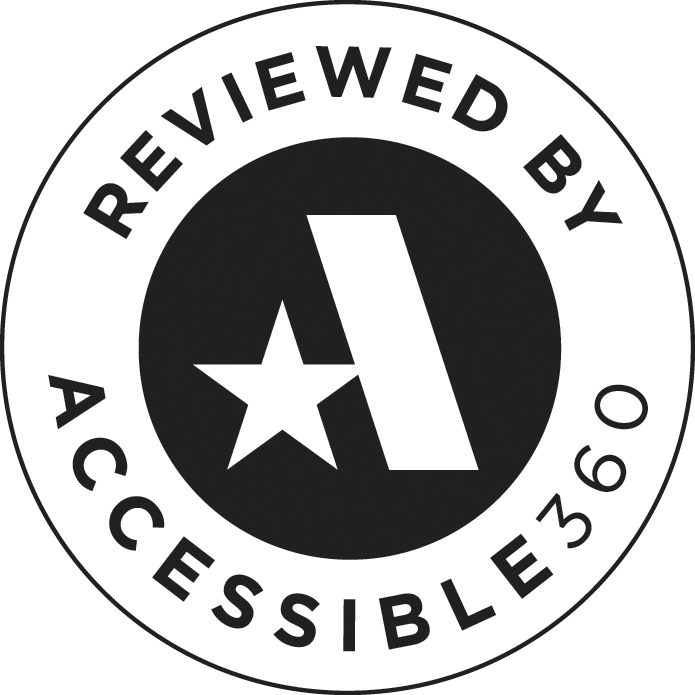Item Description
Original Items: One-of-a-kind Set. This is a fantastic genuine German WWII Military Identification set, consisting of a Wehrpaß identification booklet and a Heer Army Soldbuch identification and paybook, both named to Hauptfeldwebel Rudolf Trilling of Infantry Regiment 364. They contain much information regarding Trilling and his service, including promotions, the units he was in, injuries suffered, and awards received.
During the NSDAP period many new types of identification were required, both for civilians and military personnel, both as a method of control and to help protect vital parts of the German war machine. These books often recorded quite a bit about the owners life, much more than just their basic information. These Wehrpaß identification books were required beginning in 1935 with the beginning of conscription in NSDAP-ruled Germany, and all eligible males were required to get one.
Trilling's Wehrpaß was originally issued 11 August 1939, and definitely contains much more detailed information on him, as the Soldbuch was issued later, and they also served as payment books, and were often replaced. This also explains why the Wehrpaß has seen quite a bit more use. it has Rudolf Trilling's picture, with the correct stamps, and gives his birth date as 28 12. 1912. The following pages are blank, as they would only be used for RAD service, and after this is information regarding his medical exam on page 11.
Page 12 is a gold mine, listing all of the units that he was in during his wartime service, which could be used to trace all of the locations he was in. From a cursory glance we can see that he was on the Western Front, and took part in the Italian campaign. Pages 20-21 show training records, including all of the weapons that Trilling was trained on, and when, while pages 22 and 23 show his rank progress as well as awards he was issued, with additional information on pages 38 and 46.
From this we can see that Trilling rose to the Unteroffiziere mit Portepee (Senior NCO) rank of Oberfeldwebel, equivalent to a U.S. Army Master Sergeant. Further more, they were named a Hauptfeldwebel (First Sergeant), which was not a rank but an administrative title, meaning they were in charge of helping the commander muster the company. Awards received include the Infantry Assault badge, Iron Cross 2nd Class, Iron Cross 1st Class, Wehrmacht Long Service Award 4th Class (4 Years), and a Wound badge in Black.
The soldbuch in the set was issued 1 June 1943, and gives similar information, though in much less depth, as it is almost certainly not the first one that Trilling was issued. Pages 14-15 give details on wounds that Trilling received during his service, and pages 22-23 give more information about awards received, which are the same as those in the Wehrpaß, except he was also issued the Wound Badge in Silber for additional wounds.
Really a great set that can be used to trace an NCO's progress throughout the war. Definitely some fantastic research and translation potential!
Of note: some of the writing in this book is in Kurrentschrift, an older form of Germanic script writing, which is why the all the "u" letters are written as "ŭ". In this script the lowercase "n" and "u" are identical, so the latter gets the arc shaped mark over it. This is not indicative of an umlaut or other diacritical marking.
More on the German Soldbuch:
The Soldbuch served the soldier as a personal identification document in wartime and as an authorization to receive pay from his own or outside pay-stations. In addition, it was identification for rail travel, detached service, leave, and for receiving mail. The Soldbuch was always carried by the soldier on his person in a tunic pocket. Leaving the book in one's baggage or in one's quarters was not permitted. The careful preservation of the book was in the best interest of the owner. The Soldbuch had to be kept in an orderly fashion. The owner must see to it, that all changes in pay due to transfer or promotion are immediately entered by his responsible duty station. The Soldbuch was an official document. Entries were only to be made by a Wehrmacht duty station. Making unauthorized changes is punishable as falsification of official documents. The loss of a Soldbuch was to be reported as soon the loss is discovered to the holders unit or duty station, and the issue of a new Soldbuch will be requested.
- This product is available for international shipping. Shipping not available to: Australia, France, or Germany
- Due to legal restrictions this item cannot be shipped to Australia, France or Germany. This is not a comprehensive list and other countries may be added in the future.
- Not eligible for payment with Paypal or Amazon

























